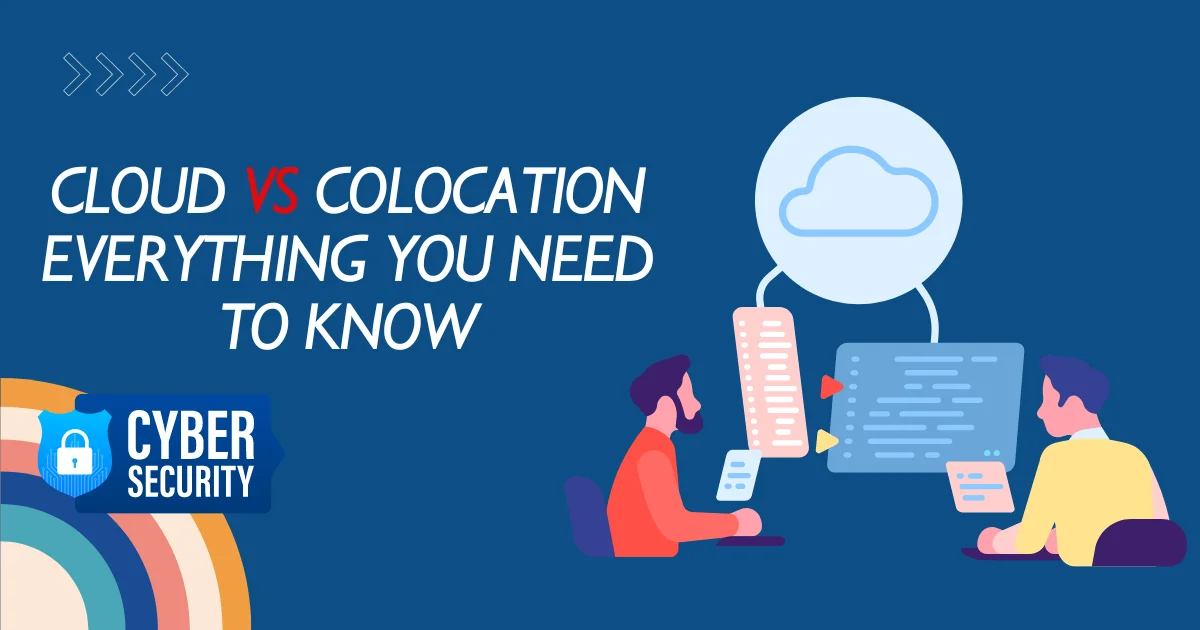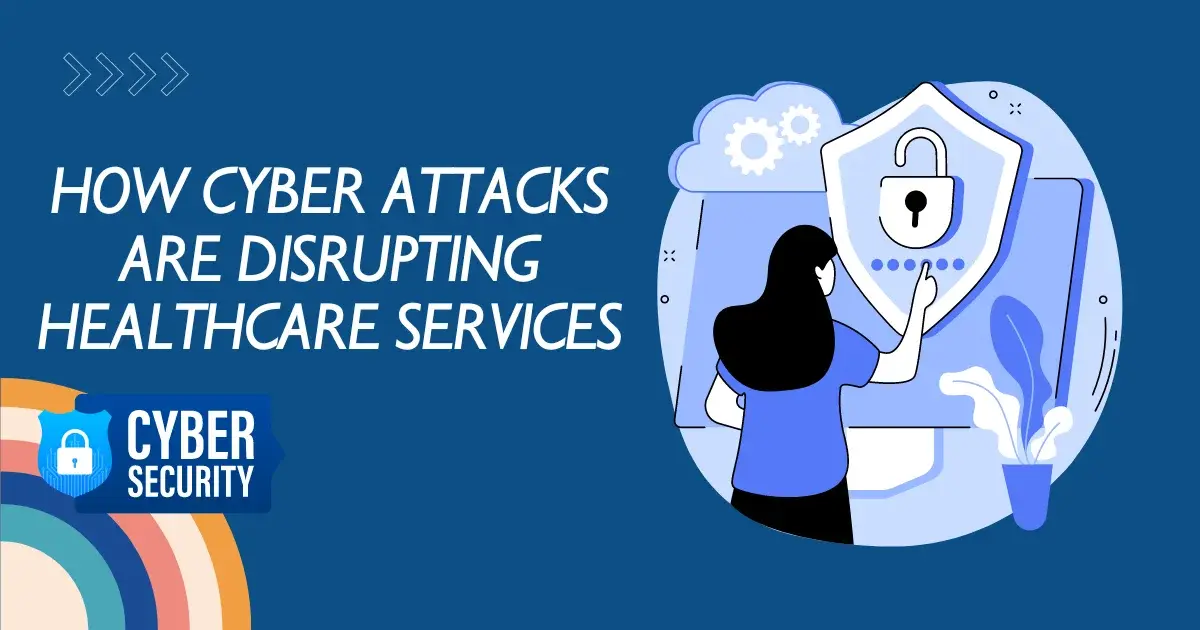Choosing the Right Managed IT Services Provider for Your Business
Table of Contents
Toggle- July 15, 2023
Amid escalating security issues and a progressively intricate IT landscape, small and medium-sized enterprises (SMEs) persistently pursue the assistance of a managed IT services vendor.
As per Datto’s findings, during the preceding three years, approximately 19% of MSP participants witnessed an annual expansion of nearly 20% (22% of MSPs asserted a total yearly revenue growth of around 5%, while 24% disclosed an up to 10% increase).
The expanding domain of outsourced IT accentuates the intricacy of selecting the appropriate ally, making the decision-making process increasingly burdensome.
When deciding to select an IT service provider, it is vital to consider the paramount factors outlined in this article.
By doing so, your organization can maximize the benefits derived from its technology investment.
How to Choose the Right Managed IT Service Provider

When appraising potential managed service providers, it’s crucial to examine the tangible metrics and the humane attributes of the company you rely on for your technology landscape.
Like any other acquisition or collaborative involvement, conducting a proper investigation is always worthwhile.
Look for the Company’s Reputation
In the business community, examining a service provider’s reputation is customary when bringing a new vendor on board.
This critical process applies equally to the IT sector as you seek an MSP. A strong track record becomes imperative given the transmission of sensitive and vital data through the MSP’s system.
You can swiftly gather information by perusing the MSP’s website. Additionally, essential details like the duration of the provider’s operation can be checked.
Furthermore, you can acquire supplementary information, such as past and current clients.
Comparing previous clients to existing ones can offer insights into the growth of the provider’s client base.
What Technical Skills Do They Have?

Certifications and attained third-party vendor partnerships hold significance. In a legitimate managed services scenario, your provider can manage technology vendor requirements on your behalf, saving you the hassle of juggling multiple vendors for ongoing hardware and support needs.
Here are three questions to contemplate:
- What certifications or credentials can the IT provider showcase?
- Which manufacturers or third-party vendors are they associated with?
- What is their standing with these manufacturers? (for example, Have they achieved Gold status with partners like Microsoft?
Comprehend Your Business Requirements

When seeking the ideal managed IT service provider, it’s crucial to grasp your business needs. As not all service providers are alike concerning the services and expertise they offer, you must determine your company’s specific IT infrastructure requirements.
For instance, if your company deals with healthcare IT, you should seek a provider that specializes in that industry to cater to your business needs.
Opting for an IT partner like Advanced IT, a managed IT service provider in Chicago, and others who deeply understand your business’s intricacies ensures your networks and systems are in capable hands.
Ensure They Prioritize Security on Everything

Over the past few years, managed IT service providers have emerged as primary targets for cybercriminals aiming to escalate their attacks.
The last thing you’d desire is to encounter a data breach through your IT services provider, who should have been your first line of defense.
Therefore, ensuring that your IT service provider implements top-notch security controls is imperative.
During the evaluation of the IT service provider, inquire about their internal security practices and how they safeguard data privacy and their clients’ interests.
Gather information regarding their vendor management programs, regulatory oversight, internal governance, and risk management policies and procedures.
A significant indicator of their dedication to data security is the possession of compliance certification, such as System and Organizational Control 2 (SOC2), which assures that your organization is in safe hands.
Examine Industry Background and Proficiency

In its entirety, IT deals with the same content, which is data. However, data processing and storage can differ among various industries.
For example, if you are in air travel, it would be more sensible to narrow down your MSP options to those with practical knowledge and expertise in the air travel sector.
What’s even more vital is not just data hindsight but also considerations regarding software and compliance requirements.
An MSP within your industry can offer guidance on the regulations you must adhere to and possess the necessary software and expertise you may require.
Moreover, an MSP with greater experience and proficiency is generally more proactive. Consequently, you can reap the benefits of their adaptability to technological trends as a client.
As mentioned earlier, while scrutinizing their reputation, you can also verify industry accreditations that validate their experience.
Conclusion
In conclusion, collaborating with a managed IT service provider can be a substantial investment for your company.
This is due to their team of experts, who can enhance your business operations’ efficiency by delivering IT solutions that align perfectly with your requirements.
Additionally, they possess the necessary resources, including tools and equipment, to provide ongoing support for your company’s needs.
Therefore, selecting the appropriate service provider for your business is imperative. By keeping these methods in mind, you can streamline the hiring process, making it more reliable and trustworthy.
As a result, you’ll gain increased confidence, knowing that your IT infrastructure is well-cared for.





